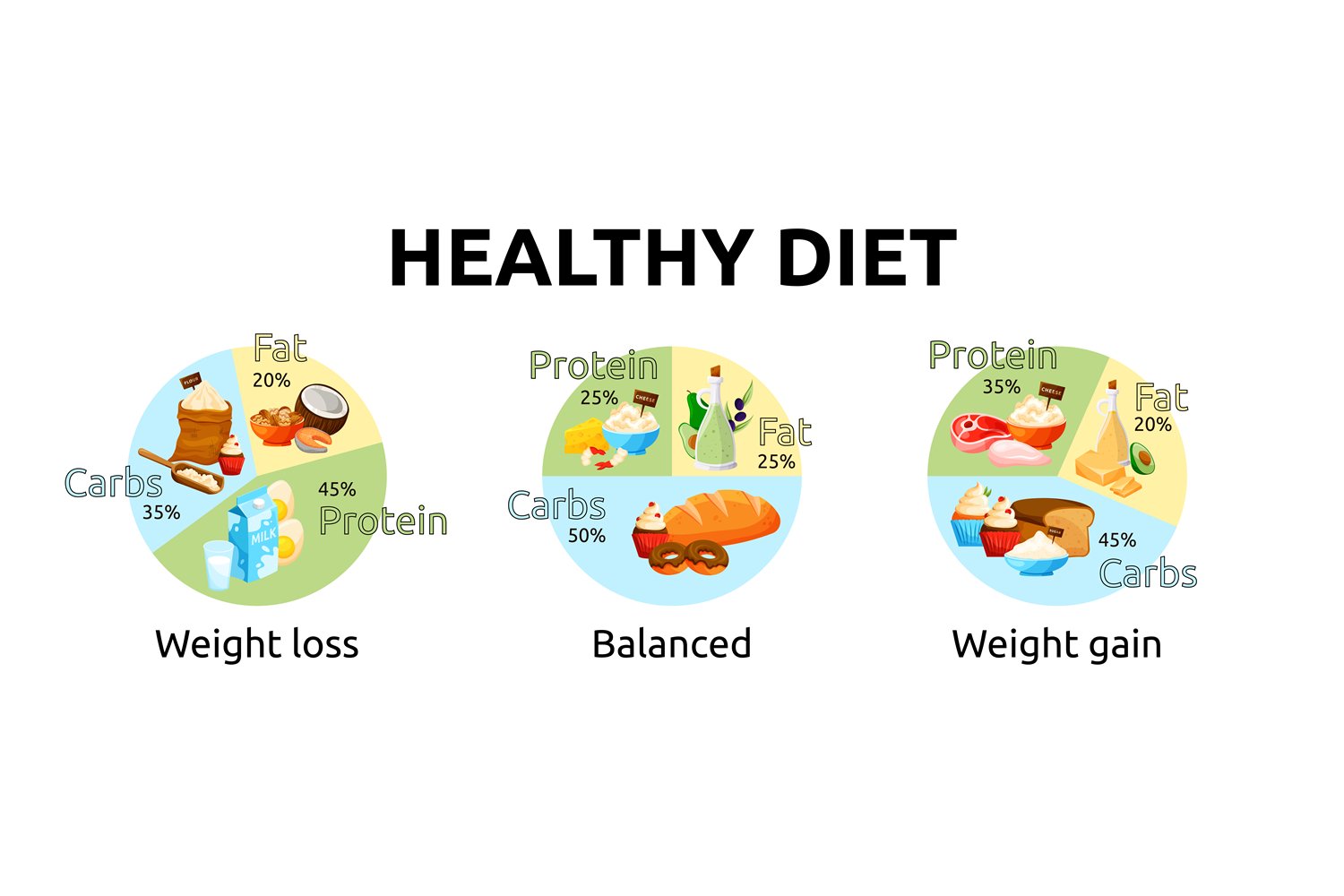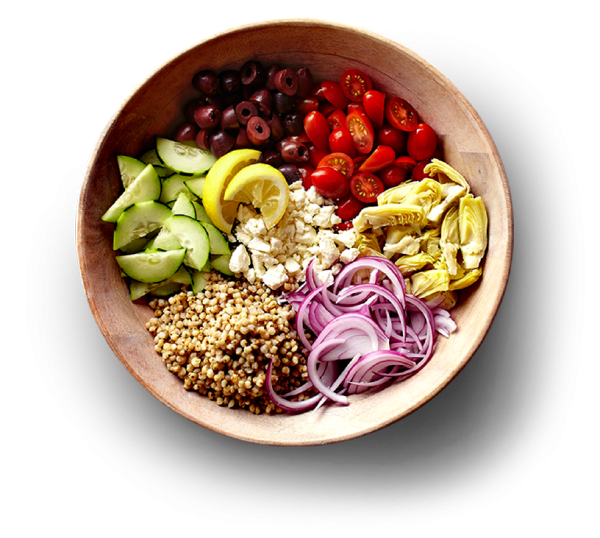Welcome!
Nutrition
This website serves as a free and convenient personal nutrition calculator. Users are able to develop a personal registry of foods and meals. These foods and meals can then be registered into a daily nutrition log. The daily nutrition log will keep track of a user's total calories, carbs, protein, and fat for the day. At the end of the day, the daily nutrition log is added to a collection of past nutrition logs that the user can view. This collection serves as a journal of sorts so that the user can track their eating habits. Upon the start of a new day, the daily nutrition log is reset automatically.
The world of nutrition is quite complicated, and it can be very overwhelming to many. To make matters worse, there is a lot of misinformation out there that only adds to the confusion. Additionally, everybody has a different body type, and that can make proper advice more difficult to obtain. Even if accurate information is acquired, it might only apply to people with specific body types. There are, however, some generalized facts and practices that can help virtually everybody. For beginners, it is best to start by tracking calories and the three macronutrients (carbs, fat, and protein). The purpose of this calculator is to help people track of their calories and macros, and by doing so, allow users to begin building a better understand of nutrition. Setting calorie and macro goals is important, and reaching those goals can be a very rewarding experience. In order to understand what you're working towards, some knowledge of those four components is necessary.

Calories
Calories are a measurement of a food's energy content, or in other words, how much energy a food has. Typically, people gauge calories in ranges, like the maintenance calorie range, for example. The mainenance calorie range is simply the range of calories a person can consume to maintain their weight. Determining what this range is for yourself is helpful, because once you figure out your maintenance calorie range, you'll know how much or how little you can eat without gaining or losing weight. It is also helpful because you can base other calorie ranges off of your maintenance calorie range.
A calorie deficit range is used for losing weight, and a healthy one is set at 500 calories lower than your maintenace calorie range. A calorie surplus range is used for gaining weight, and a healthy one is set at 500 calories higher than your maintenace calorie range. Adhering to these ranges for a period of four to six weeks straight will result in noticeable progress. Calories are the building blocks of our energy, and the building blocks of those calories are micronutrients. The three micronutrients that this nutrition calculator helps track are carbs, protein, and fat, which are all fundamentally different.

Micronutrients
Carbohydrates (carbs) are a source of quick energy for the body. That is why many people will eat carbs before exercising, as it will provide them with enough energy to excel in their workout. Every 1 gram (g) of carbs is equivalent to 4 calories. Keeping track of measurements such as that one will help with making the most of your calories for the day, especially while in a deficit.
Protein is the macronutrient responsible for muscle growth. That is why many people who exercise try to consume a lot of protein. In order to make considerable progress in terms of muscle growth, a person should try to consume 1g of protein for every 1 pound of their bodyweight each day. For example, if you weigh 200 pounds, you would want to aim for 200g of protein a day. Every 1g of protein is equivalent to 4 calories.
Fats are a source of long term energy for the body. Fats have a bad reputation because "fat" is the term associated with being overweight. The reality of the situation is that some fats are in fact bad for you, like saturated fats, but a lot of fats are actually really healthy, like unsaturated fats. Every 1g of fat is equivalent to 9 calories

